tissue types
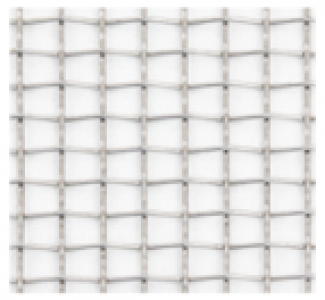
square mesh
- tighter grain boundaries
- small and medium grain sizes
- wire Ø 0.80 – 6.00 mm
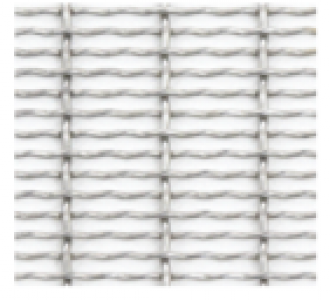
long mesh
- larger grain boundaries
- increased throughput
- small and medium grain sizes, wire Ø 0.80 – 6.00 mm
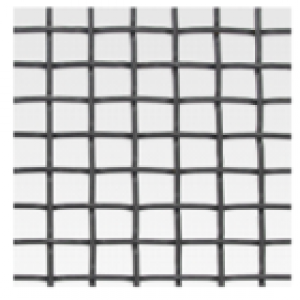
lead frame
- pre-screening of coarse and medium grain
- pressed smooth on one side
- wire Ø 7.00 – 12.50 mm
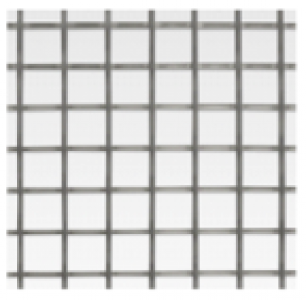
pressure welded frame
- Pre-screening of coarse and medium grain with increased loads and high wear
- individually welded crossing points
- highly wear-resistant manganese steel
- wire Ø 4.00 – 20.00 mm
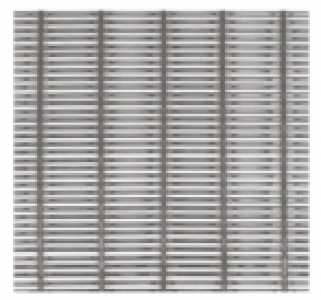
long mesh pressure welded frame
- pre-screening of coarse and medium grain with increased throughput and high wear
- different mesh sizes of the sieve possible
- highly wear-resistant manganese steel, wire Ø 4.00 – 20.00 mm
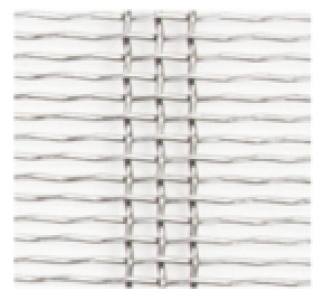
harp tissue
- screening topsoil for small and medium grain sizes
- large open sieve area
- individual cross wire division, also with PU cast wires
- chromium-nickel wires
- wire Ø 1.00 – 3.50 mm
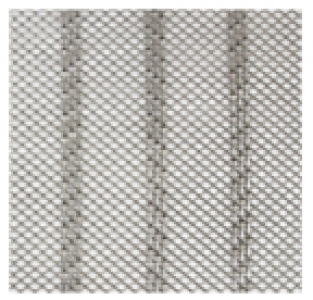
harp #2
- difficult-to-screen material
- small and medium grain sizes
- very good vibration effect and little sticking grain
- wire Ø 0.8 – 4.00 mm
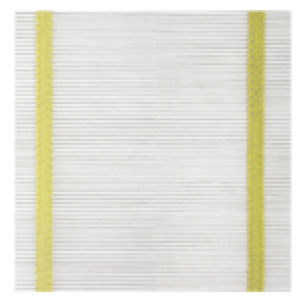
harp #3
- screening sand, gravel and soil
- increased throughput
- largest open screen area with PU binding
- clayey and sticky screenings
- chrome-nickel steel wire Ø 0.8 – 4.00 mm
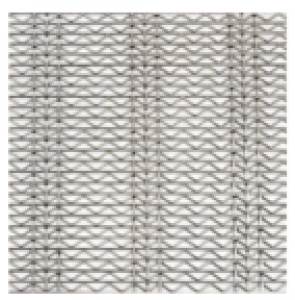
harp #4
- difficult-to-screen material
- small and medium grain sizes
- very good vibration effect and little sticking grain
- narrow grain boundaries
- Chromium-nickel wires, wire Ø 1.00 – 3.50 mm
tension fold types
type #1
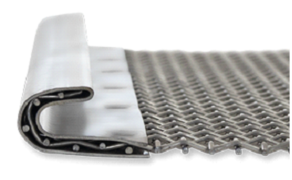
type #2
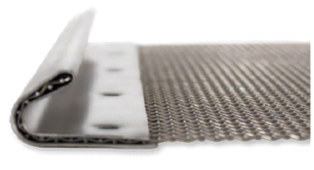
type #3
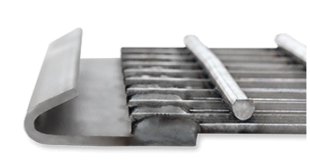
type #4
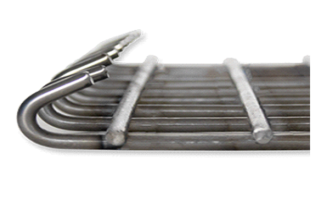
type #5
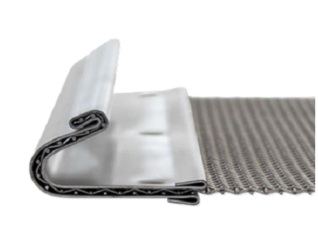
technical design
- different wire thicknesses up to 20.00 mm (e.g. pressure welded mesh)
- material made of highly wear-resistant manganese-alloyed special steel wire or chromium-nickel wires
